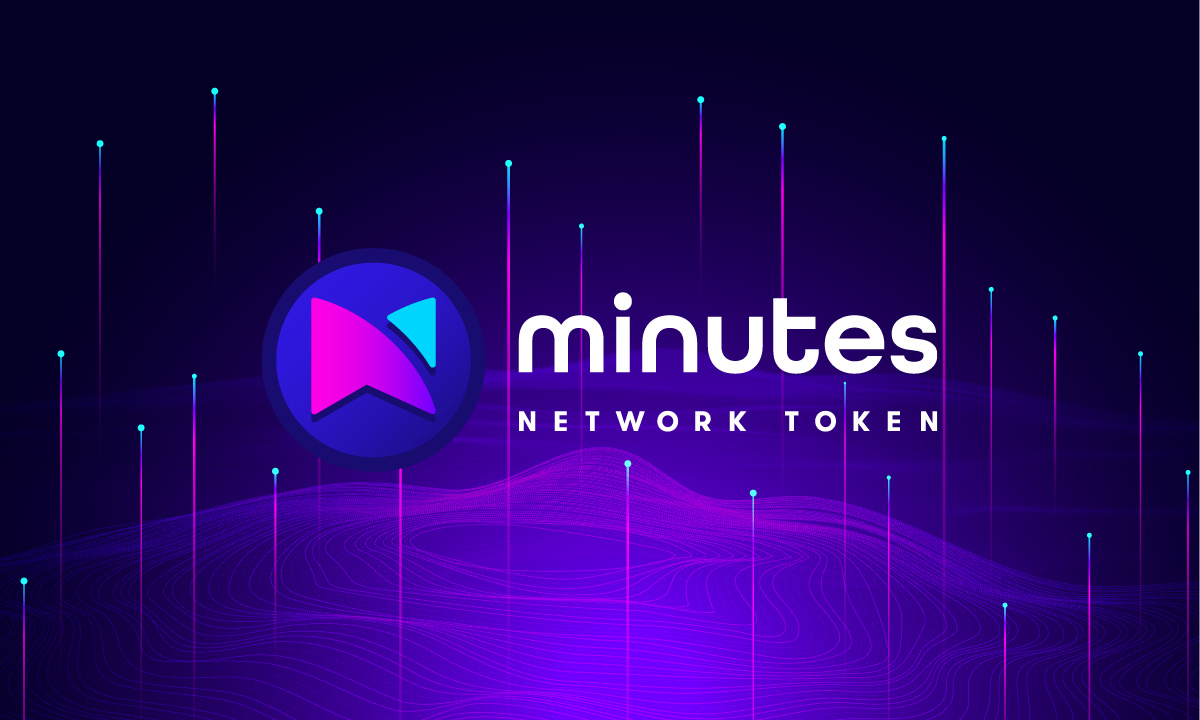Last week, Bitcoin News (news.bitcoin.com) posted an enlightening article about plagiarism within the crypto-universe. Titled ‘Plagiary Is the Worst Cryptocurrency Scam of All’ (you can find it here, just so I don’t get accused of plagiarism https://news.bitcoin.com/plagiary-is-the-worst-cryptocurrency-scam-of-all/). Articles of this nature do spark up an air of controversy, so I will begin by stating that I certainly do not condone plagiarism, however what I want to do with this is offer a counter argument that highlights why the nature of the internet may lead to plagiary and why actually I don’t think it’s such a bad thing. To re-cap, plagiarism occurs when somebody lifts aspects of someone else’s work and passes it off as their own, without crediting the original author or source. In academic terms, this is actually illegal. Similarly, copying an idea can inadvertently lead to plagiarism. Also, it is entirely possible to self-plagiarise. What I am trying to say here is that the definition of what plagiarism is and how one can plagiarise is mucky, there’s no true definitive answer. So why am I brothering to write this? Well from the outset, cryptocurrency was an idea, right? Imagined by Satoshi, whom ever he, she or they are, it was a concept that grew as a result of interactions from other people. The people involved in pushing Bitcoin to the heights it has now reached may never have even thought of the idea of cryptocurrencies if it wasn’t for the initial works of Satoshi. Idea sharing, can often lead to copying, but copying can lead to the generation of new ideas. You could argue that every single cryptocurrency ever made copied Satoshi’s idea, but is this really such a bad thing? If nobody copied the Wright Brothers idea for a flying machine, the world would be a very different place, cryptocurrency is no exception to this. Being a digital, internet-based phenomenon obviously contributes to this. The internet is a forum for free information and communication, therefore it acts as a catalyst for idea sharing. The anonymity the digital sphere provides is an exciting prospect, but at the same time it can lead people to take extreme measures to copy ideas on the premise that it is unlikely they will be caught. Again though, is this such a bad thing? Is the sharing of ideas, discourse and notions a scam, or is it presenting more people with opportunities to take ideas and run with them, giving them the opportunity to make new and exciting things? Granted, if a person takes an idea, it is important they give credit to those who inspired them, as is expected in academic practice, cryptocurrency and the blockchain revolution should be no exception to this. I believe that the more we share ideas, the more news articles are re-posted and the more information we spread, the more the community will grow. By being less defensive and more open with our ideas, innovations in cryptocurrency will grow at a rapid rate. If cryptocurrency adoption is the ultimate goal, then idea sharing need not be seen as a scam, it needs to be seen as an advantage to the powerful communication tools we all have to hand, the internet. So, in a brief conclusion… There is a huge problem with plagiary within the blockchain revolution, developers and authors should be crediting each other fairly but at the same time, I don’t believe people should take offence if this doesn’t happen. The reason the blockchain ensures transparency is literally so everybody has a fair experience, open source data and code are there to be adapted, plagiary isn’t a scam, its solution, so long as we thank those who helped us along the way. Featured Image Source: Pixabay
Investment DisclaimerBitcoin News In Plagiary Row, But Is It Really A Bad Thing?
Published
6 years ago on
April 02, 2018
As a key writer for Crypto Daily, Nathan’s role entails the creation of cutting edge news articles, reviews, press releases and general content creation. Nathan’s stories strive to include the most up-to-date cryptocurrency news and affairs, contributing to Crypto Daily’s growing network. Nathans previous experience as a researcher ...

Breaking News
April 24, 2024
Cosmos Developers Patch Critical Security Bug In IBC Protocol

Breaking News
April 24, 2024
Polkadot vs Kusama: What’s The Difference?

PR
April 24, 2024




